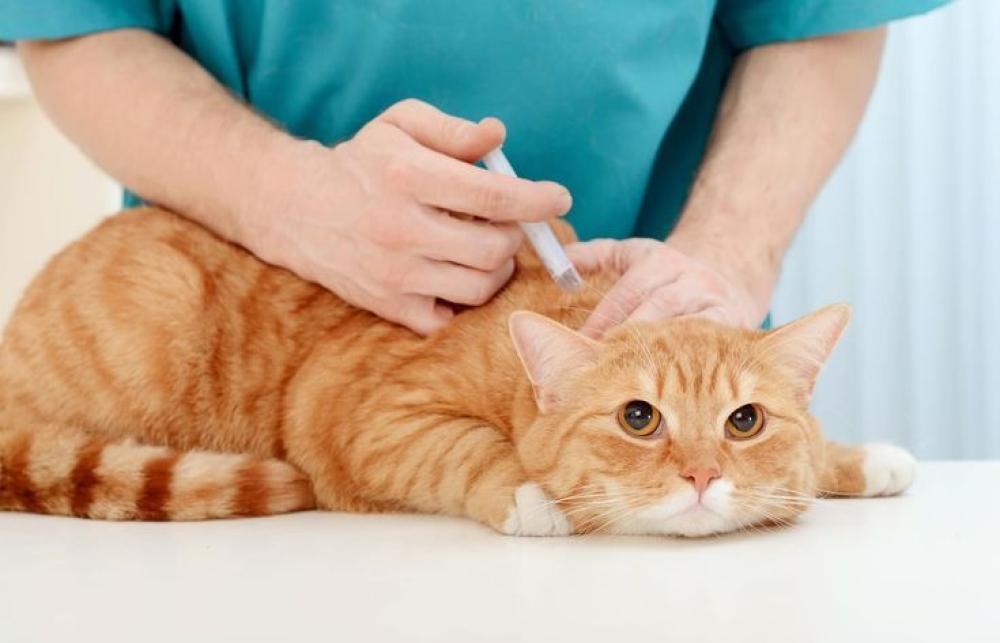Visiting the veterinarian is an essential part of maintaining your pet's health, but it can be a stressful and anxiety-filled experience for both you and your pet. Fear and stress can make it difficult to examine and diagnose your pet and can even affect their overall health. Fortunately, there are several steps you can take to make these visits more relaxing and comfortable.
Early training is key
Start accustoming your pet to touching its ears, feet, mouth, and belly from an early age. These areas are often examined by your veterinarian, and the more comfortable your pet is with touch, the less resistance they will have during the examination.
:Positive associations with the veterinary hospital
Non-therapeutic visits: If possible, make short visits to the veterinary hospital just to get used to the facility. Allow your pet to explore, and they may receive a treat or just a friendly greeting from the staff without any medical procedures. This helps associate the facility with positive experiences rather than fear.
Rewards: Use your pet's favorite treats and toys during visits. Whether the visit is for a checkup or a vaccination, make the experience as enjoyable as possible.
So we have dedicated to you from the seventh bird:
Clipik Caviar Cat Treats with Tuna 4*15g
Rank Urinary Tract Health Cat Treats with Tuna & Scallop 4*15g
:Training a Carrier (Crate) or Harness
Carrier: For cats and small dogs, the carrier should be a safe and comfortable place, not something that only appears when going to the vet. Make it available at home with a comfortable blanket and toy.
So we have dedicated to you from the seventh bird:
Seven Bird Cat and Small Dog Carrier and Box
Moderna White and Pink Plastic Cat Carrier Box
Offer rewards to your pet when it enters the crate voluntarily.
So we have dedicated to you from the seventh bird:
Klipik Caviar Dried Duck Dog Treats 80g
Seat belt: For larger dogs, train them to use the car seat belt comfortably to reduce anxiety during the journey.
So we have dedicated to you from the seventh bird:
Seven Bird Leather Collar for Cats and Dogs in Multiple Colors
:Stay calm
Animals sense their owners' emotions. If you're stressed or anxious, your pet will likely be affected. Try to remain calm and positive, and speak in a gentle, reassuring voice.
:Inquire about sedative medications (if necessary)
In some severe cases, your veterinarian may prescribe mild sedatives that can be given to your pet before the visit.This is an option if stress levels are too high and interfere with the examination or pose a risk to the animal. Discuss this option with your veterinarian to determine if it is appropriate for your pet.
:Talk to your veterinarian
Tell your veterinarian about any concerns you have about your pet's behavior or anxiety level. They can provide additional advice or modify your pet's handling during the examination to make the experience more enjoyable.
By applying these tips, you can help reduce your pet's stress and make vet visits as positive an experience as possible, contributing to their long-term health and happiness.

